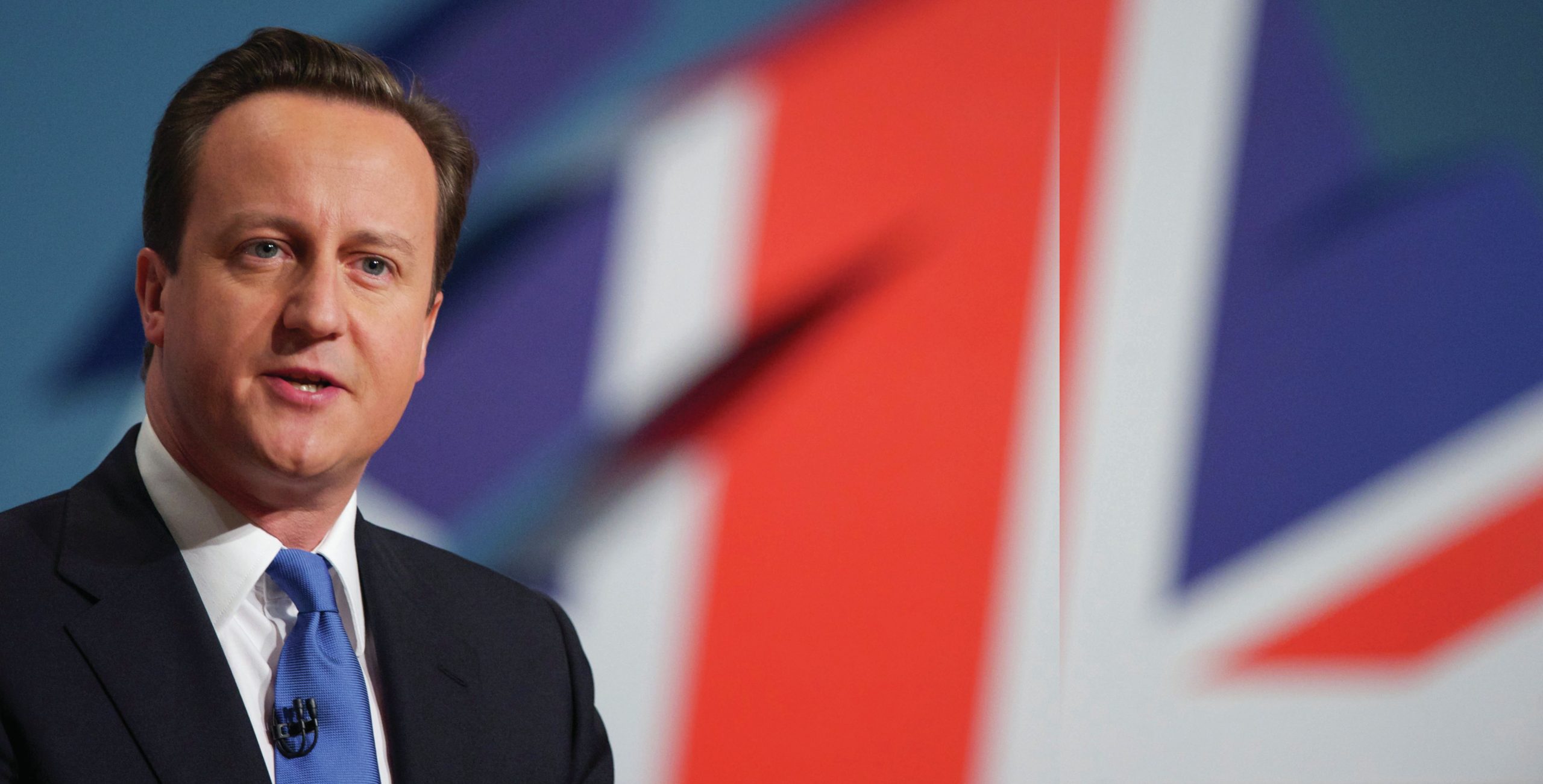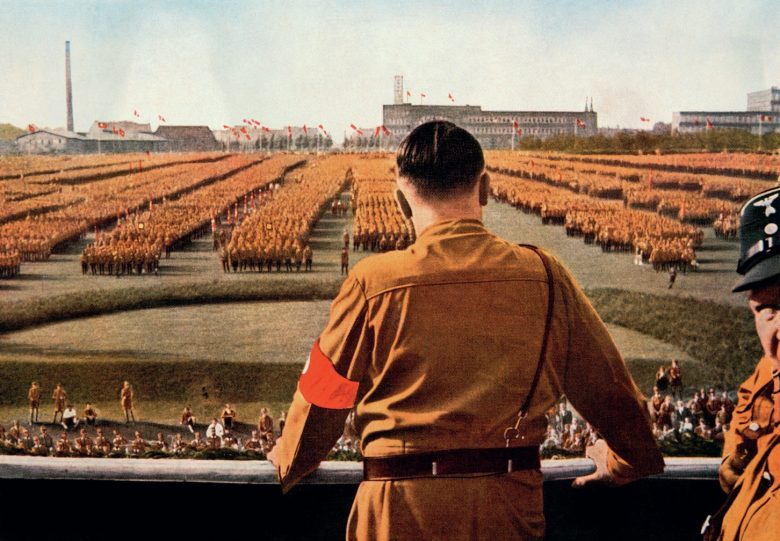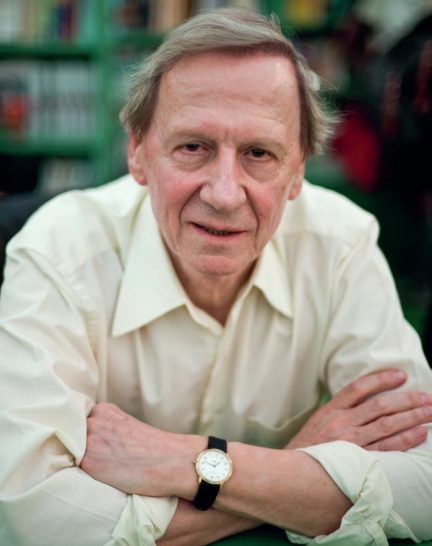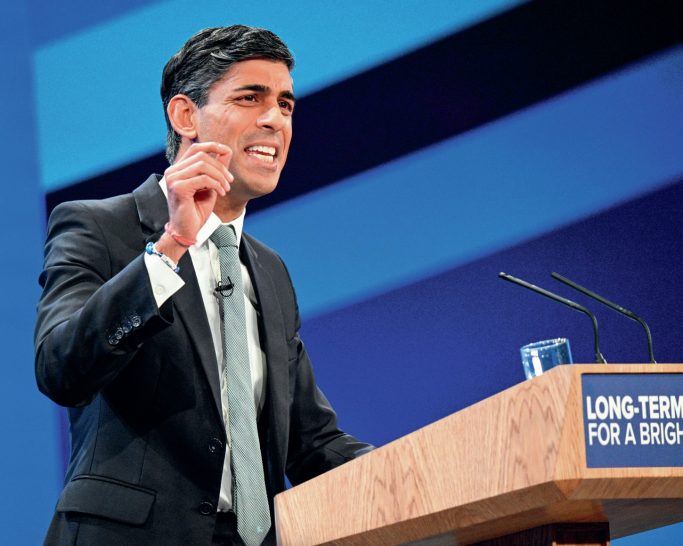
One of David Cameron’s predecessors as prime minister (H. H. Asquith) was once asked: ‘Don’t you enjoy having so much power?’ ‘Power?’ he replied ‘You may think you are going to get it but you never do.’ Sitting in No. 10 Downing Street, most prime ministers probably do not feel as powerful as others think they are, or as they themselves might like to be. In the memoirs and diaries of former prime ministers and their aides and advisers, the constraints, the limitations and the checks on their power and freedom of action always loom large. The suspicion is that David Cameron and his team feel the same way and will — when their time is done — tell the same sort of story.
The prime minister’s power has to be analysed on institutional, political and personal levels (Box 1). There is little in the way of formal constitutional definition of the prime minister’s role, functions and powers. These are mainly a matter of convention and usage, not statute, and are thus to a large degree flexible and subject to variation and change over time.
Your organisation does not have access to this article.
Sign up today to give your students the edge they need to achieve their best grades with subject expertise
Subscribe




